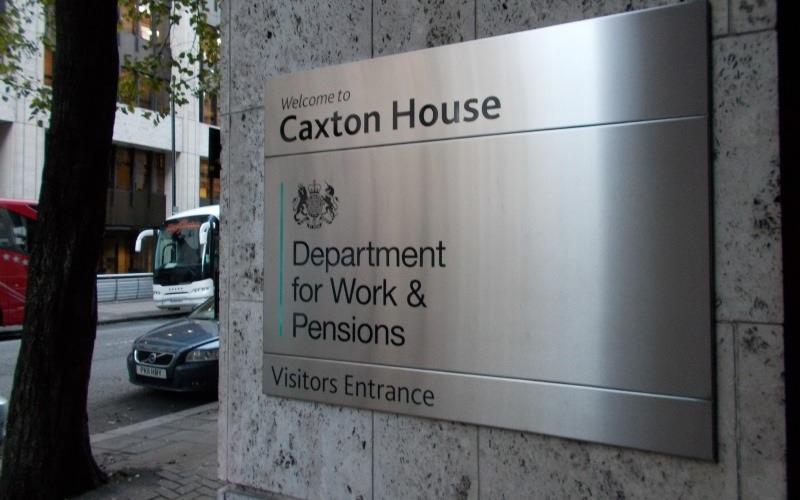UK Moves Ahead with Legislation Mandating Climate Reporting for Pension Schemes
The UK took a significant step forward today in its plans to require TCFD-aligned climate reporting for pension schemes, with the release by the Department for Works and Pensions (DWP) of legislation to be debated in Parliament in the coming months.
With the publication of its new regulations, the UK becomes first major economy to push forward plans to make pension schemes mitigate against the risks of climate change, according to the DWP.
Minister for Pensions Guy Opperman said:
“These world-leading regulations we outline today ensure these risks are accounted for, and are done so with total transparency.
“In a matter of just a few months, savers will be able to determine for themselves if the investment aligns with their values or if they are comfortable with how their pension could be affected by climate change.”
The new legislation follows the announcement by the DWP in August 2020 that it would require pension schemes with £5 billion or more in assets to assess and report on the financial risks of climate change, in line with the recommendations of the Task Force on Climate-related Financial Disclosures (TCFD), within their portfolios by late 2022, followed by schemes with £1 billion or more in assets the following year. According to the DWP, the department will consider extending the rules to smaller pension schemes as soon as 2024.
The TCFD was established by the Financial Stability Board in 2015, with the goal of developing consistent disclosure standards for companies, in order to enable investors and other stakeholders to assess the companies’ climate-related financial risk.
The core elements of the TCFD-aligned reporting that will be required for pension trustees include disclosures regarding their schemes’ governance around climate-related risks and opportunities, the actual and potential impacts of climate-related risks and opportunities on the organisation’s businesses, strategy and financial planning, the processes used to identify, assess and manage these risks, and the metrics and targets used to assess and manage relevant climate-related risks and opportunities. This will include the performance of scenario analysis to assess the potential impact of the risks on scheme assets, and obtaining the Scope 1, Scope 2, and Scope 3 greenhouse gas emissions information (Scope 3 only following the first year), among other data.
Opperman said:
“Climate change is the number one issue of our generation, and as such, it carries a material risk to our financial investments.”





